News in Brief
-
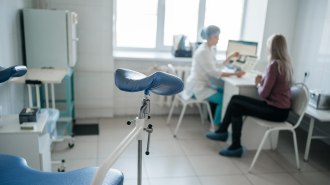 Health & Medicine
Health & MedicineMailed self-sample kits boosted cervical cancer screening
People who are uninsured or part of a minority racial or ethnic group are underscreened for cervical cancer. Mailing them a self-sample kit may help.
-
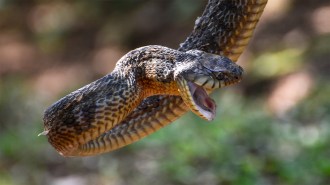 Health & Medicine
Health & MedicineA drug for heavy metal poisoning may double as a snakebite treatment
An initial clinical trial in Kenya found no safety concerns, a first step toward testing unithiol as a treatment for venomous snakebites in people.
-
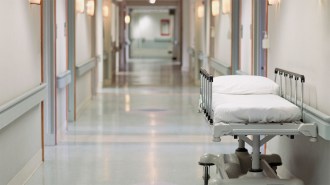 Health & Medicine
Health & MedicineAvoidable deaths increased in the U.S. as they dropped elsewhere
In the United States, deaths that could have been avoided rose, on average, from 2009 to 2019. That’s in contrast to European Union countries.
-
 Health & Medicine
Health & MedicineTherapy dogs can ease young patients’ anxiety in the emergency room
A clinical trial found that spending about 10 minutes with a therapy dog reduced patients’ anxiety in a pediatric emergency room.
-
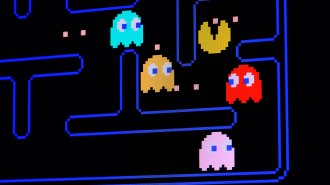 Health & Medicine
Health & MedicineA pancreatic cancer blood test called PAC-MANN could spot the disease early
The test relies on a magnetic nanoparticle linked to fluorescent molecules to detect pancreatic cancer proteins.
By Meghan Rosen -
 Health & Medicine
Health & MedicineU.S. dementia cases may rise to 1 million per year by 2060
Baby Boomers may drive a drastic increase in dementia cases in coming decades, but there are steps people can take to reduce their risk.
By Meghan Rosen -
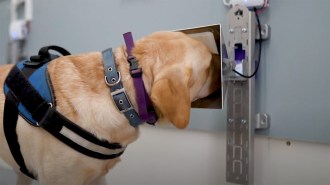 Health & Medicine
Health & MedicineDogs team up with AI to sniff out cancer
Scientists paired Labrador retrievers with an AI model in a new screening test for breast, lung, colorectal or prostate cancer.
By Meghan Rosen -
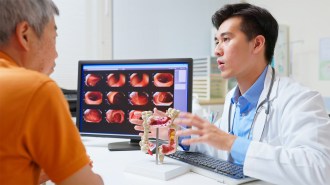 Health & Medicine
Health & MedicineCancer screening and quitting smoking have saved nearly 6 million lives
Prevention, screening and treatment advances combined stopped 5.94 million deaths from cancer in the United States from 1975 through 2020.
-
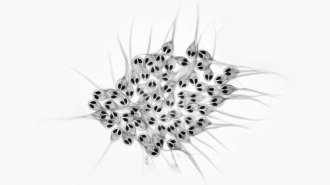 Life
LifeA distant cousin of jellyfish may survive without working mitochondria
A tiny creature that parasitizes salmon is the first known multicellular eukaryote without a mitochondrial genome, a hallmark of complex life.
-
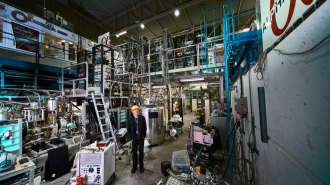 Particle Physics
Particle PhysicsAntimatter hydrogen has the same quantum quirk as normal hydrogen
Atoms of antihydrogen are affected by the Lamb shift, which results from transient particles appearing and disappearing.
-
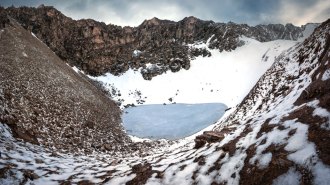 Humans
HumansIndia’s Skeleton Lake contains the bones of mysterious European migrants
Not all of the hundreds of skeletons found at a north Indian lake are from the same place or period. What killed any of these people is still unknown.
By Bruce Bower -
 Space
SpaceLIGO and Virgo probably spotted the first black hole swallowing up a neutron star
In a first, astronomers may just have detected gravitational waves from a black hole merging with a neutron star.